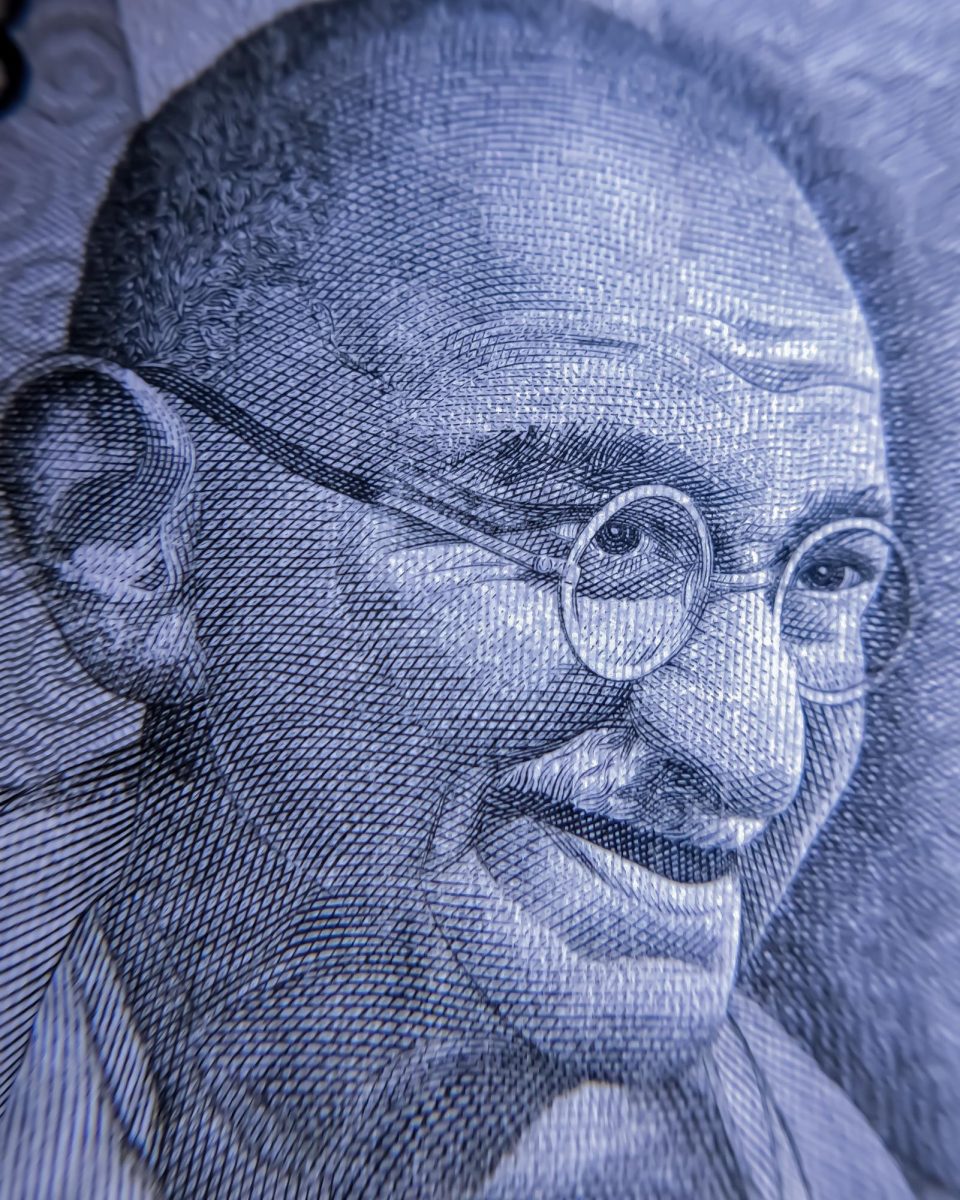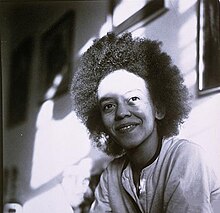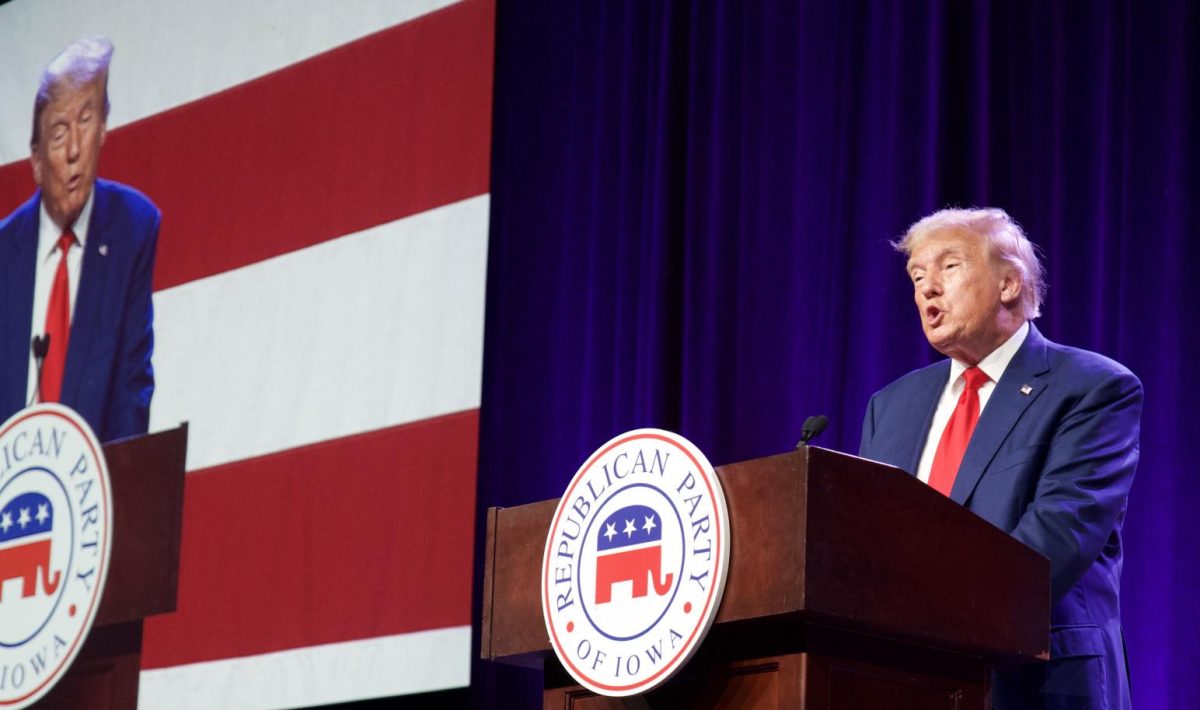There are generally two views when it comes to discussing Gandhi. Either you adore his non-violent fervor or reject it and condemn his sainthood due to an element of arrogance and hypocrisy, which some have argued lies implicit in his worldview.
I do not wish to defend either view. It is exhausting trying to constantly justify someone whom I never knew. Instead, I aim to briefly go over “The Essential Gandhi” by Louis Fischer.
Perhaps the most enticing thing about Gandhi is how digestible his ideas are. To understand them, specialized education is not necessary. A commitment to truth, justice and love are the prerequisite qualities, at least from what I gathered in reading “The Essential Gandhi.”
Like always, I will leave you some quotes from the book to reflect on.
Gandhi believed that underlying all successful progressive movements was an unrelenting spirit of humanity constructed on a foundation of common understanding and love. Rather than seeking monetary profit and petty victory, we should seek the benefits of dedication to the suffering of others – even our opponents.
“I simply say this, that I want to purge India of the atmosphere of suspicion on either side; if we are to reach our goal, we should have an Empire which is to based upon mutual love and mutual trust,” Gandhi writes.
Interestingly, this quote does not suggest that the British “Empire” should be banished so long as its sentiments equal those within its dominion. However, Gandhi argued that even if the Empire fails to serve the interests of the ruled, a resistance based on anything other than “mutual love and mutual trust” will equally fail.
An effective resistance movement aims to not degrade one’s own moral integrity. An eye for an eye is not an effective mantra to guarantee future success.
Acknowledgment that others are humans and deserving of life and basic respect is a simple but profound ethic.
On this, Gandhi writes, “Our [movement] will only then be a truly spiritual nation when we shall show more truth than gold, greater fearlessness than pomp of power and wealth, greater charity than love of self.”
The notion of a “spiritual” movement means a unity of purpose and vision. Agreement on every fundamental issue is not only impossible, but undesirable. Such a notion is more utopian than the reality of non-violence.
The more pressing questions we should ask ourselves are: How am I treating my enemies? Who are my enemies and why are they my opposition? More importantly, is my hate for my enemies ruining me?
Gandhi, to this point, poses an extremely relevant question.
“Just think out for yourselves, if a man who was good yesterday has become bad after having come in contact with me, is he responsible that he has deteriorated or am I,” he says.
Thinking in these terms drastically changes the course of a movement toward freedom. It establishes a single standard – a realization of Gandhi’s vision of “mutual love and mutual trust.”
Rather than focusing on the “demon of commercial selfishness” which Gandhi claimed was the fault “of the system” and “not of men”, we should focus on not being enslaved to our most irrational and sinful passions. “The railways, machineries and the corresponding increase of indulgent habits” which shine as “the true badges of slavery” represent a tunnel vision to a future of despair.
So was Gandhi right? While this short article should not be seen as a summary of his views, I believe his advice on how our movements toward peace should be structured are more relevant than ever. It is not utopian to love one another and nor is it to have a common respect for human life.
I understand that many have their reservations about Gandhi and I am not here to refute them. “The Essential Gandhi” is still an interesting read and I think people can take applicable wisdom away from it. We must not make ourselves agree with every part of a person, but we should still try to see the light in them.
Book rating: 9/10








